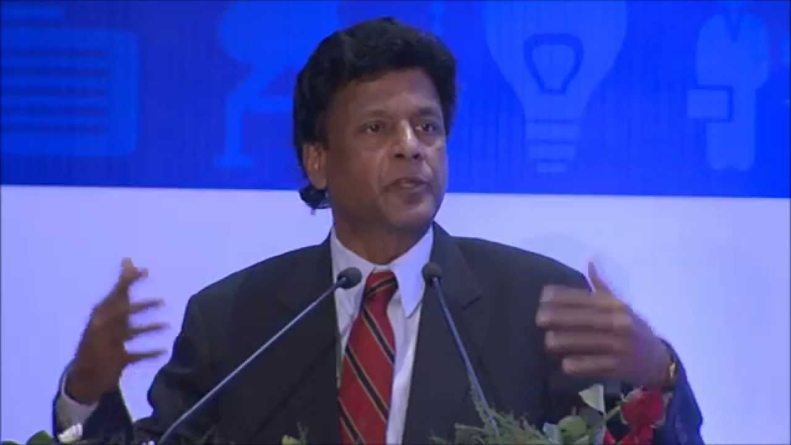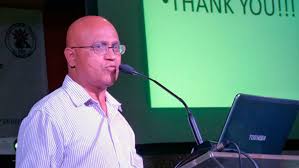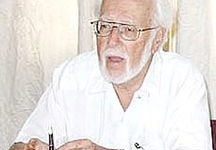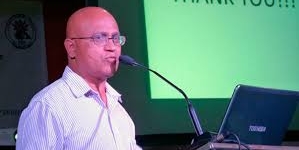“In office, but not in power”
BY: RAVI DEV
After the 1992 elections, I posed a question based on a famous quote by the leader of the PPP, Dr Cheddi Jagan, that when they were last in government, between 1957 and 1964, they “were in office, but not in power”.
I delineated what I called the “Anatomy of Power” in the Guyana the PPP was inheriting after almost three decades of PNC rule as the context in which the answer as to whether they would be able to govern should be situated.
What Jagan meant, of course, was that while he ostensibly had “authority” as Premier of the Government, the organs of the state – which possessed real power – were all still controlled by the British Government. This distinction between the State and the Government is still not appreciated by most citizens today in the struggle between the PPP and PNC. The former represents the full panoply of the power institutions in a country, and has the ultimate resort of force to ensure compliance with its policies. The Government, (and this is what political parties now compete for), is simply that part of the State that initiates policies, which the other arms of the State — such as the army, the Police, the judiciary and the bureaucracy, et al — are supposed to implement.
In a word, the Government has formal “authority”, but has “power” only to the extent that these other arms recognise the legitimacy of its directives and act to ensure compliance. In or out of office, the PNC always possess power.
This lack of power in the first PPP government was illustrated, for instance, when Janet Jagan resigned as Home Affairs Minister in protest against the refusal of the Police and Volunteer Force (army) to prevent the pogrom that ended in the complete ethnic cleansing of the Indians from the mining town; the razing of 220 houses; the murder of three, and the rapes and assault of dozens.
During the PNC regime between 1964 and 1992, they had augmented the armed forces to possess one of the highest army-civilian ratios in the world.
In the years since 1992, I have periodically reprised the question, since the premises on which it was based were never addressed – especially after the December 1997 elections. The PNC’s violent protests, of course, segued into the direct attacks on the state and “PPP supporters” by “armed bandits”, “African Freedom Fighters”, or “African Resistance Fighters” as they were variously called.
As early as 2003, even the bureaucratically-oriented World Bank was forced to summarise what we had dubbed since 1990 as the “Indian Physical Security Dilemma” as the reason for the violence.
“Despite the fact that the ruling party (PPP) enjoys majority control of the Legislative and Executive branches, the political system has been characterised by deadlock. This is in part due to the fact that the Afro-Guyanese, who are the main supporters of the Opposition PNC, are dominant in the public sector generally, and in the Police and defence forces in particular. By virtue of its control of the capital city Georgetown, the Opposition also frequently paralyses the city to further its political agenda”.
In the last sentence, the World Bank was referring to the “disruptive power” possessed by the PNC. By this is meant the recognition by any PPP government of the potential, or likelihood of particular groups looting, burning etc in the capital of Georgetown. In the 1960s, 1992, 1997 and subsequently, the PNC performatively demonstrated their disruptive power. By the impressively titled “Rule of Anticipated Reactions”, the PPP has had to take into consideration the reactions of all the above-mentioned groups before it makes any policy initiatives. By tailoring its policies depending on its reading of the reactions of these other groups, the PPP demonstrates conclusively that these groups have real power, rather than itself.
Reacting against a perceived Indian-Guyanese economic dominance and claims of the PPP extrajudicially killing (pick a number) African Guyanese, the PNC has justified to its African-Guyanese base that they have to seize and keep power by any means necessary. It does not matter it was the PNC that actually destroyed the African economic base during its rule: power is sought for itself as a salve to the deprivations of their supporters.
How different would it be if the PPP were to obtain office without changing the power relations??






















